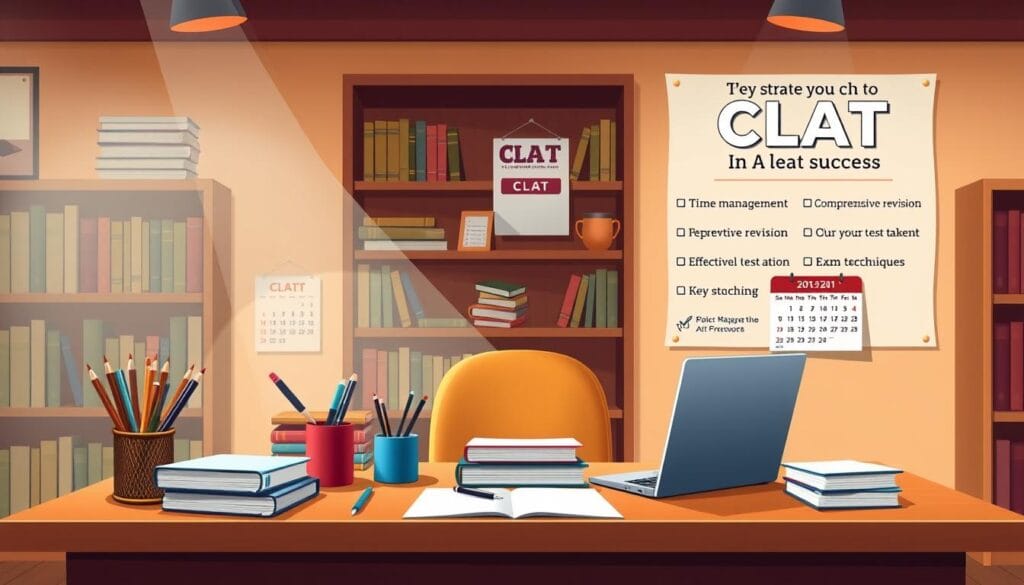The Art of Feedback: How It Shapes Legal Minds
Feedback plays a crucial role in shaping the minds of aspiring lawyers, acting as a powerful catalyst for growth and development. For those preparing to enter the demanding world of legal education, understanding how to effectively receive and apply feedback can make all the difference in their journey. Lawgic Coaching recognizes this need and offers personalized mentorship programs that focus on delivering constructive feedback tailored to each student’s unique strengths and weaknesses. By doing so, we empower law aspirants to refine their skills, boost their confidence, and excel in exams like the CLAT. Discover how our expert-led approach to legal education can help you or your aspiring law student achieve their goals. 🌟 Read more.
The Role of Feedback in Legal Education
Feedback is integral to legal education, serving not only as guidance but as a foundation for personal and professional development. Aspiring lawyers benefit immensely from constructive criticism and positive reinforcement that can shape their understanding and competence.
Importance of Constructive Criticism
Constructive criticism is an essential tool in legal education. It provides students with valuable insights into their strengths and areas for improvement. This form of feedback allows students to refine their skills, particularly in areas like legal writing and research. By emphasizing what can be enhanced, it helps students build a more solid foundation for their legal careers.
In a legal context, feedback should be clear and actionable. For instance, comments on legal writing should not only point out errors but also suggest better phrasing or argumentation strategies. This approach helps students understand the nuances of legal communication.
Moreover, law students are trained to appreciate feedback as part of their learning process. This mindset makes them more receptive to suggestions and encourages continuous improvement. For more insights on the importance of constructive criticism, visit this article.
Feedback as a Growth Catalyst
Feedback acts as a significant catalyst for growth by encouraging self-reflection and adaptation. When students receive feedback, they are prompted to reassess their work and thought processes, leading to deeper learning. This transformative aspect of feedback is vital in legal education.
Feedback encourages law aspirants to engage with their studies more critically. By understanding mistakes and recognizing areas for improvement, students learn to approach problems from different angles. This analytical mindset is crucial for success in law.
Additionally, receiving feedback fosters resilience. Law students learn to handle critiques constructively, preparing them for the realities of legal practice. This resilience is a valuable trait that aids in navigating the complexities of a legal career. Explore more about feedback as a growth catalyst here.
Personalized Mentorship for Law Aspirants
Personalized mentorship provides tailored support to law aspirants, enhancing their educational experience. Customizing feedback to individual needs fosters a more efficient learning process, allowing students to focus on their unique strengths and weaknesses.
Tailoring Feedback to Individual Needs
Tailoring feedback involves understanding each student’s learning style and needs. This personalized approach ensures that feedback is relevant and impactful. Lawgic Coaching emphasizes this by crafting feedback that aligns with the student’s goals and aspirations.
-
Assessment: Evaluate the student’s current understanding and skills.
-
Customization: Adjust feedback to focus on specific areas needing improvement.
-
Implementation: Provide actionable advice to guide the student’s learning journey.
By tailoring feedback, law aspirants can leverage their strengths and work on weaknesses more effectively. This method builds a supportive learning environment, encouraging students to take ownership of their education. Learn more about personalized mentorship here.
Building Confidence Through Support
Supportive feedback plays a crucial role in building confidence among law students. When feedback is delivered constructively, students are more likely to feel confident in their abilities and motivated to improve further.
Positive reinforcement helps students recognize their progress, which boosts self-assurance. Encouragement to experiment and learn from mistakes allows students to develop a growth mindset, essential for their future legal careers.
Additionally, mentors who provide supportive feedback create a nurturing learning atmosphere. This environment empowers students to ask questions, seek clarification, and explore new ideas without fear of judgment. Discover more about supportive feedback here.
Achieving Success in CLAT Coaching
Success in CLAT coaching is greatly influenced by expert-led guidance and the celebration of student achievements. These elements are fundamental in preparing law aspirants for the challenges of legal education.
Expert-Led Guidance for Aspiring Lawyers
Guidance from experienced mentors is a cornerstone of effective CLAT coaching. Such mentors offer insights based on years of practice and teaching, providing students with a comprehensive understanding of legal concepts.
-
Expertise: Mentors bring a wealth of knowledge that helps demystify complex legal topics.
-
Strategy: They offer strategies tailored to the CLAT exam, enhancing test preparation.
-
Support: Continuous support helps students stay motivated and focused on their goals.
Expert-led guidance ensures that law aspirants receive the best possible preparation, equipping them with the skills and confidence needed to excel. Learn more about expert-led guidance here.
Celebrating Student Achievements and Milestones
Celebrating achievements is an important aspect of CLAT coaching. Acknowledging milestones not only boosts confidence but also inspires continued effort and perseverance.
Students who see their progress are more likely to remain motivated. Celebrations can include recognizing improvements in mock tests, successful completion of practice papers, or reaching personal study goals. This recognition reinforces the value of hard work and dedication.
Additionally, celebrating milestones creates a positive learning environment. It encourages camaraderie among students and mentors, fostering a sense of community and shared success. Reflect on the importance of celebrating achievements and milestones here. 🎉



